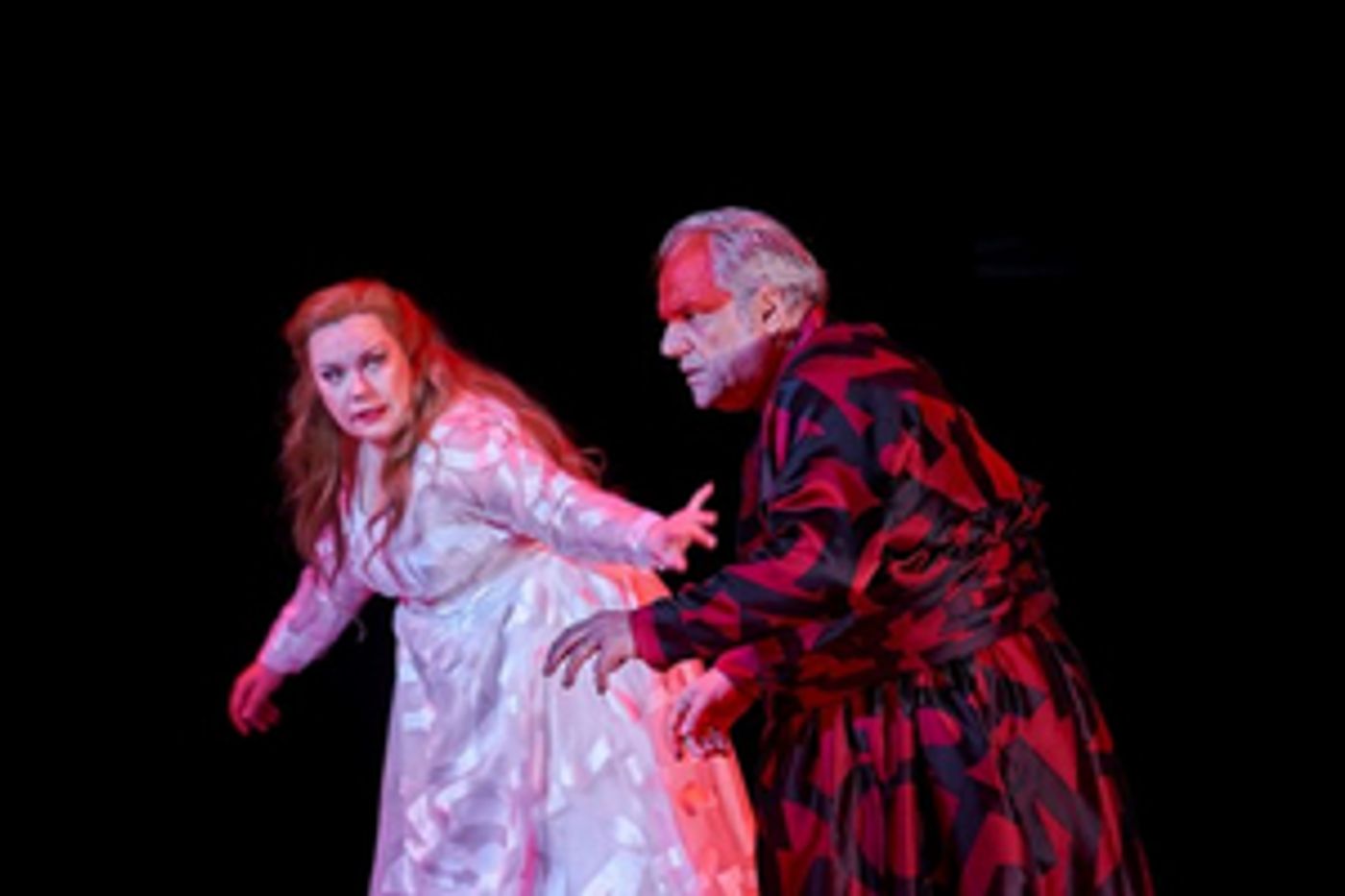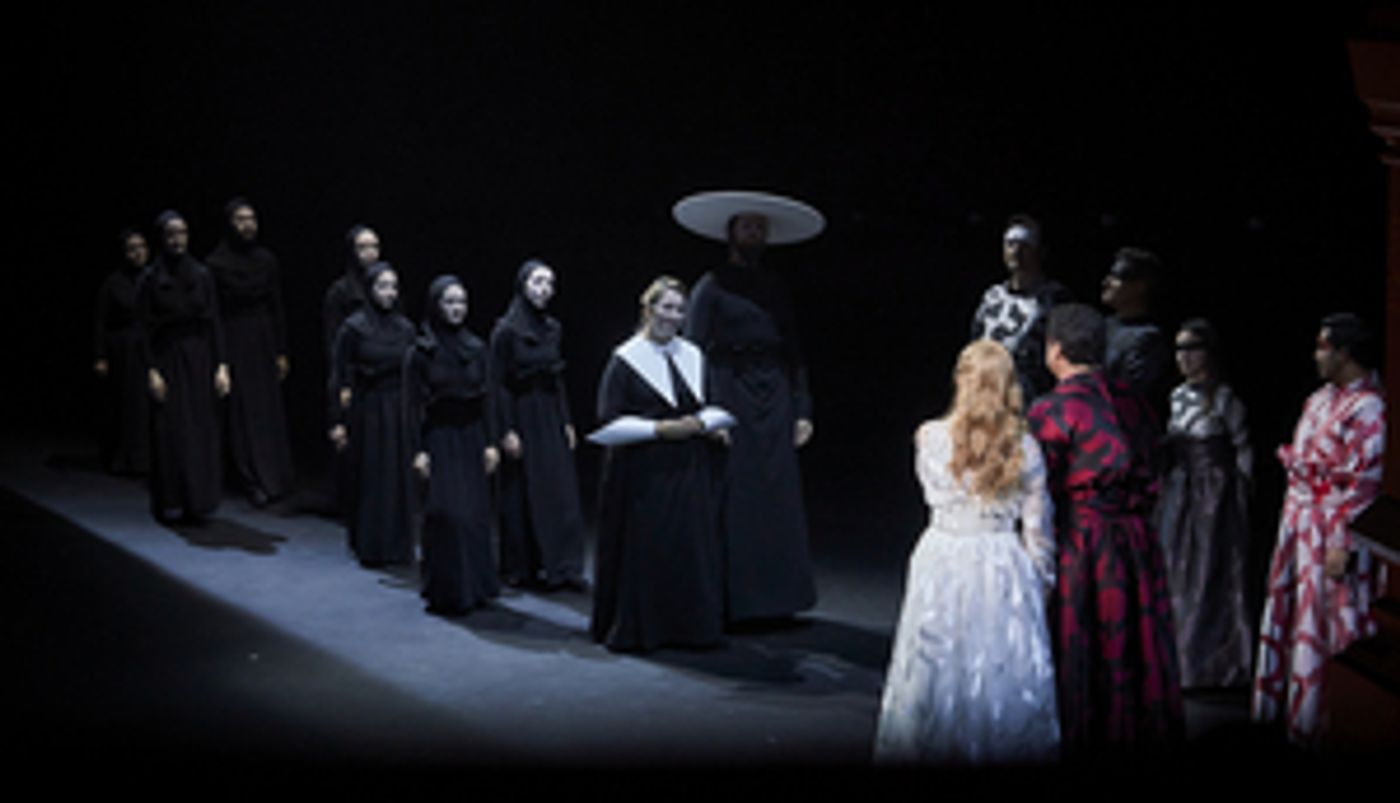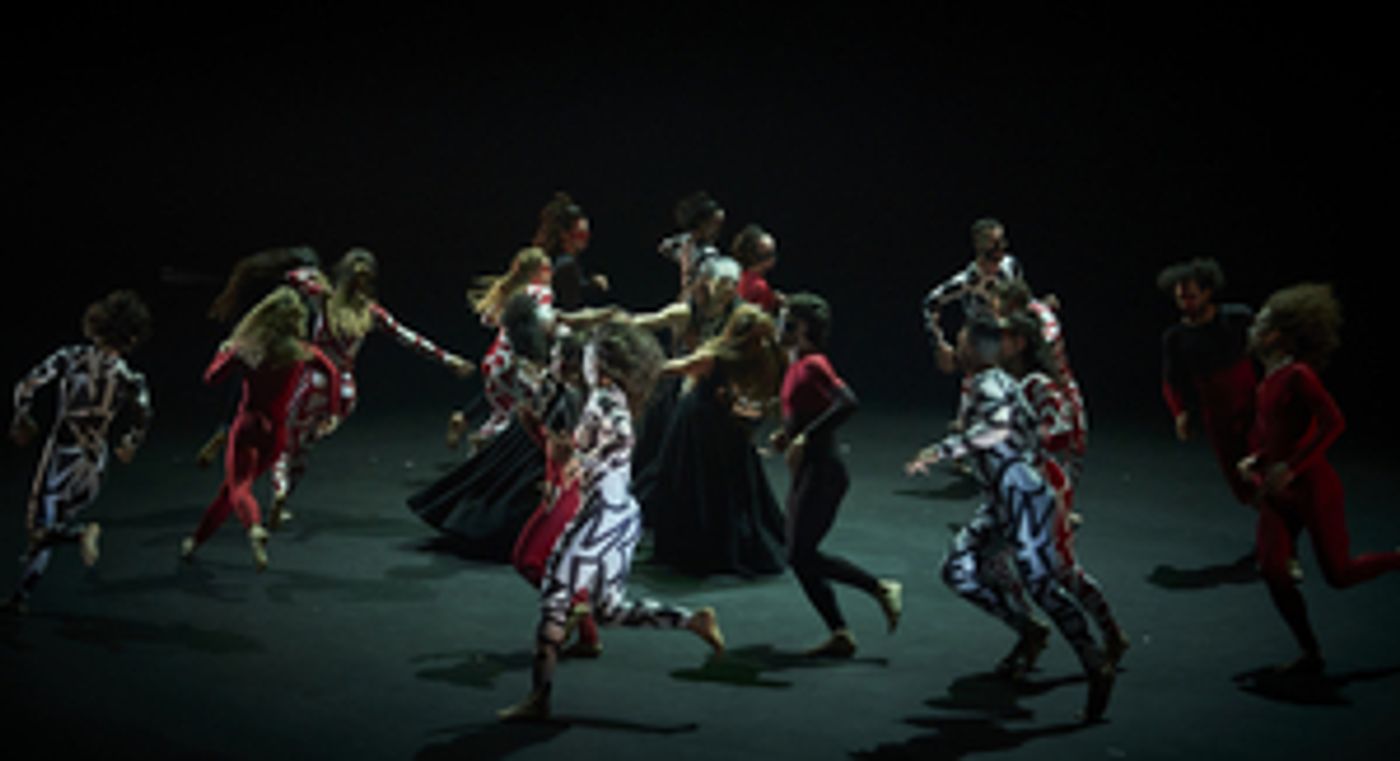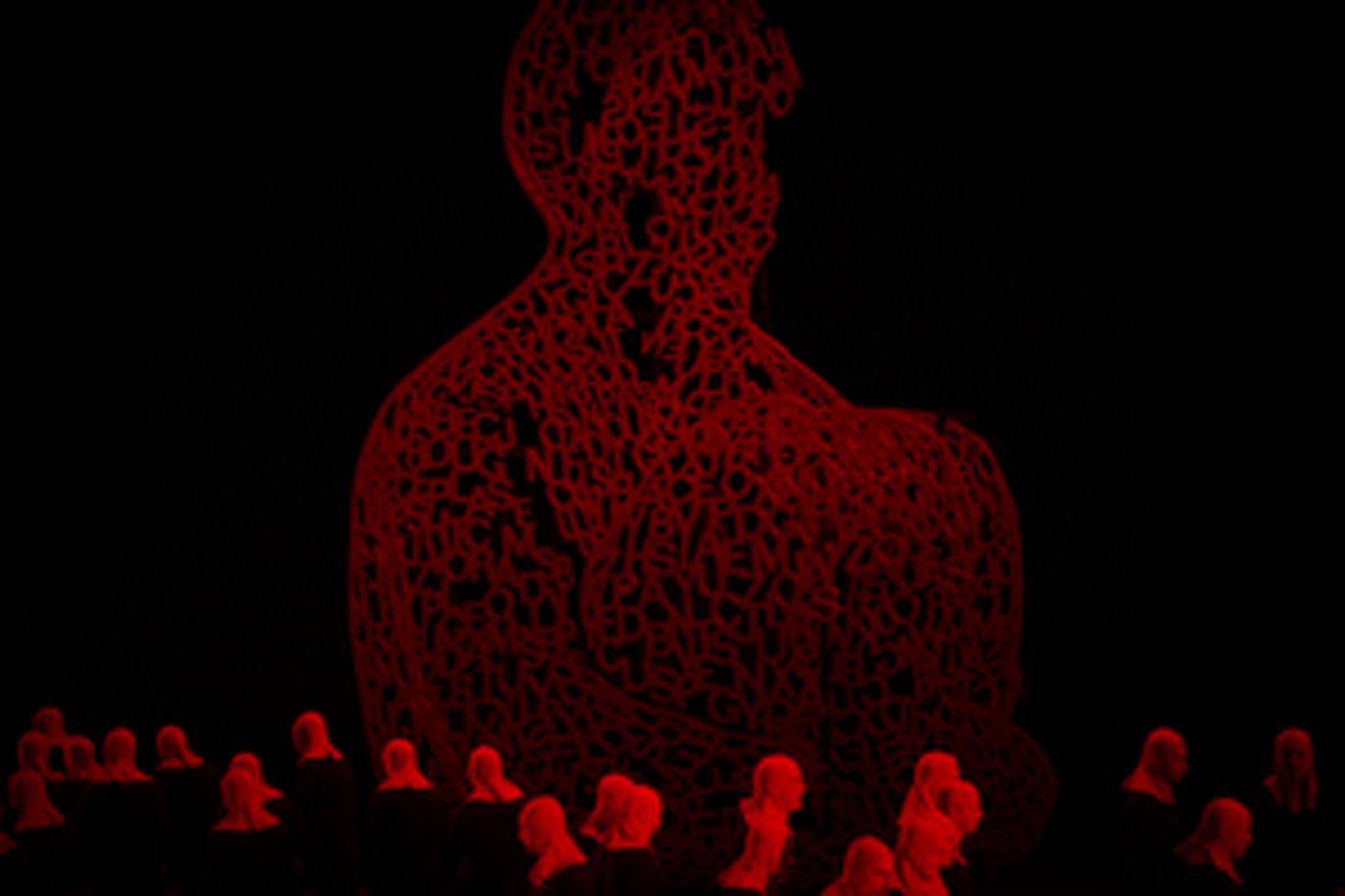Review: New MACBETH Production, ALCINA in Concert at Barcelona's Liceu – Guess Who Comes Out on Top: Part Two
Verdi's MACBETH Is in a New Production from Sculptor/Director Jaume Planes

Two operas in two days at Barcelona's legendary Liceu opera house. Who could ask for anything more? Well, turns out you can, judging by the Liceu's new production of Verdi's MACBETH by Jaume Planes and the visiting ALCINA from Marc Minkowski's Musiciens du Louvre.
Part II: Verdi's MACBETH
Barcelona's opera house uses the stagione system--giving many performances of the same opera with alternating casts in a short period of time.
After hearing Sondra Radvanovsky last fall in MEDEA at the Met, I was looking forward to her Lady Macbeth. Due to scheduling, however, I heard the second cast, which was led by mezzo Ekaterina Semenchuk as the lady of the house, with Met-familiar Zeljko Lucic in the title role, both replacements for the originals slated for the production.
The result was something I hadn't quite expected. In this opera, named for the male central character, as in the play by Shakespeare that is its source material, it's often Lady Macbeth who walks away with the show--with her sleepwalking aria what everybody waits for. Here, the Macbeths are more evenly matched, neither giving what I'd call a star performance, but you see how they belong together. With a Lady in the mezzo range (without a high extension) there was a lack of excitement that, I imagine, Radvanovsky's rangy soprano brought to the role.

The production was both designed, costumed and directed by Catalan sculptor and designer Jaume Plensa, who is part of the Catalan collective, La Fura dels Baus, known for unusual settings and blurring boundaries between performers and actors. He is perhaps best known for his large sculptures made up of letters and numbers, which he used here for the scenic design and costumes. (The moody lighting design was by Urs Schönebaum.)
The production opens with the words (in English) "Sleep No More," raising expectations that there would be rhyme or reason to the use of letters in the scenery and costumes of the production, eg, answers to the riddles given by the witches. Instead, we saw the use of letters which may have had meaning for the designer/director, but appeared more decorative--striking as they were--than meaningful for those of us in the audience. Audiences do not necessarily have to have their hands held in understanding everything that happens onstage, but it might be helpful in a story as lateral as this to give some hints about the relationship between what we're seeing and the designer's intentions.

The director seems to have decided on a hands-off approach to the piece; the most striking element being the use of choreography (by Antonio Ruiz, often using acrobatic moves), starting from the top, when the witches are going through their rituals as the chorus sings of the future. His major contribution to the dramaturgy of the character of Macbeth was to have the equivalent of "the Scarlet letter" painted across his forehead, as proof (at least to himself) of the ill deeds he has been part of. Perhaps it would have been more effective if it wasn't there for so much of the opera, because, while it is striking when it first appears, it is then forgotten.
In general, I think the singers might have done better with a more engaged director. Certainly, Lucic has shown that he can do more distinctive things at the Met. While I am unfamiliar with Semenchuk's other work, she seemed a bit lost here, not to mention vocally out of her range and in costumes that seemed to have been designed for someone else. Still, she worked hard at making the role meaningful, but even the sleepwalking scene received a ho-hum reaction from the audience.

Bass-baritone Simon Orfila was a distinctive Banco, one of Macbeth's saddest victims. The supporting singers were Gemma Coma-Alabert as Lady Macbeth's companion, tenor Fabian Lara a singular Malcolm and Celso Albelo a pleasing Macduff (who has the key aria in the final act , "La paterna mano").
Under the baton of Josep Pons, the orchestra of the Liceu sounded just fine.
In all, the punishment should fit the crime. When Macbeth's crimes were as heinous as they were, it's sad that it was the audience that received the punishment. After all, all he had to do was die.
Reader Reviews
Videos

